
Shih Tzus are beloved for their adorable looks and affectionate personalities. However, like all breeds, they have their unique set of health issues that owners need to be aware of. Understanding these common problems and knowing how to prevent them can help ensure that your Shih Tzu lives a long, healthy, and happy life. This comprehensive guide covers the most common health issues faced by Shih Tzus and provides practical advice on prevention.
Understanding Shih Tzu Anatomy and Genetics
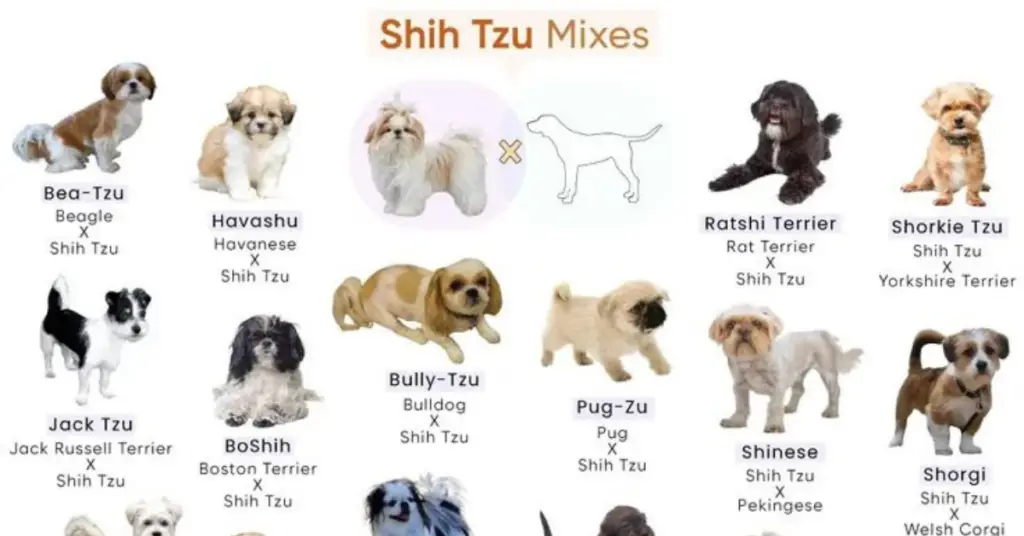
Genetic Predispositions
Shih Tzus, like many purebred dogs, are predisposed to certain genetic health conditions. Understanding these genetic factors is crucial for preventing and managing potential health issues. Common genetic problems in Shih Tzus include hip dysplasia, patellar luxation, and various eye conditions.
Brachycephalic Anatomy
The Shih Tzu’s distinctive flat face is a hallmark of brachycephalic breeds. This anatomical feature can lead to several respiratory issues, including brachycephalic obstructive airway syndrome (BOAS). Owners need to be aware of the signs and symptoms of these conditions to manage them effectively.

Size and Build
Shih Tzus are small dogs with a sturdy build. Their size and structure make them prone to certain orthopedic problems, such as intervertebral disc disease (IVDD) and hip dysplasia. Regular veterinary check-ups can help detect these issues early and prevent them from becoming severe.
Respiratory Issues

Brachycephalic Obstructive Airway Syndrome (BOAS)
BOAS is a common issue in Shih Tzus due to their short noses and flat faces. Signs of BOAS include noisy breathing, snoring, and difficulty exercising. To prevent BOAS, avoid over-exerting your dog, especially in hot weather, and maintain a healthy weight. Surgery may be necessary in severe cases to improve airflow.
Tracheal Collapse
Tracheal collapse is another respiratory issue that affects Shih Tzus. This condition occurs when the tracheal rings weaken, causing the trachea to collapse and restrict airflow. Symptoms include a honking cough, difficulty breathing, and exercise intolerance. Preventing tracheal collapse involves avoiding neck strain by using a harness instead of a collar and maintaining a healthy weight.
Eye Conditions
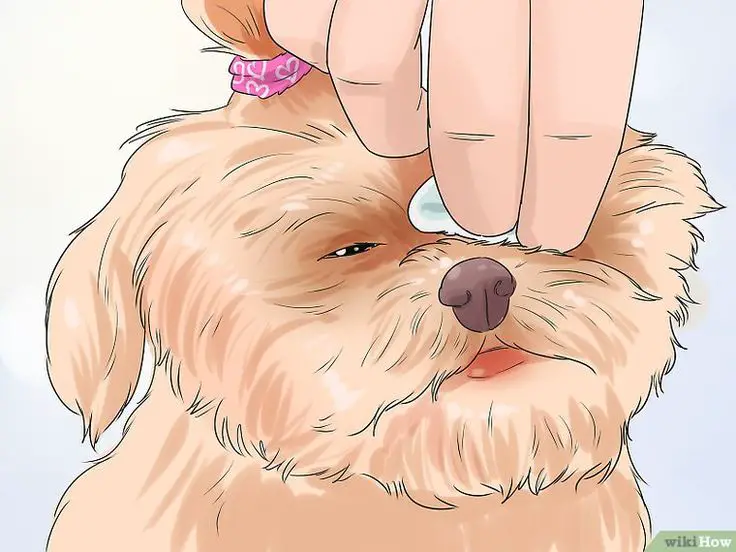
Progressive Retinal Atrophy (PRA)
PRA is a hereditary condition that leads to gradual blindness. Early signs include night blindness and dilated pupils. Regular eye exams by a veterinarian can help detect PRA early. Although there is no cure, managing your dog’s environment to prevent accidents and providing antioxidant supplements may slow the progression.
Dry Eye (Keratoconjunctivitis Sicca)
Dry eye is common in Shih Tzus and occurs when there is insufficient tear production. Symptoms include red, irritated eyes, and a thick discharge. Preventing dry eye involves regular eye cleaning and using prescribed eye drops to keep the eyes moist.

Cataracts
Cataracts can develop in Shih Tzus due to genetics, age, or diabetes. Signs of cataracts include a cloudy appearance in the eye and vision impairment. Regular veterinary check-ups and managing underlying conditions like diabetes can help prevent cataracts. In some cases, surgery may be necessary to restore vision.
Orthopedic Issues
Hip Dysplasia
Hip dysplasia is a genetic condition where the hip joint does not fit properly into the hip socket. Symptoms include limping, difficulty standing up, and reluctance to exercise. Preventing hip dysplasia involves maintaining a healthy weight, providing joint supplements, and avoiding excessive jumping or strenuous activities.

Patellar Luxation
Patellar luxation occurs when the kneecap dislocates from its normal position. Signs include skipping or hopping while walking and occasional lameness. Preventing patellar luxation includes maintaining a healthy weight, providing joint supplements, and avoiding activities that put stress on the knees.
Intervertebral Disc Disease (IVDD)
IVDD is a condition where the discs between the vertebrae degenerate and herniate, causing pain and mobility issues. Symptoms include back pain, difficulty walking, and paralysis in severe cases. Preventing IVDD involves avoiding excessive jumping, maintaining a healthy weight, and providing a balanced diet with joint supplements.
Skin and Coat Problems
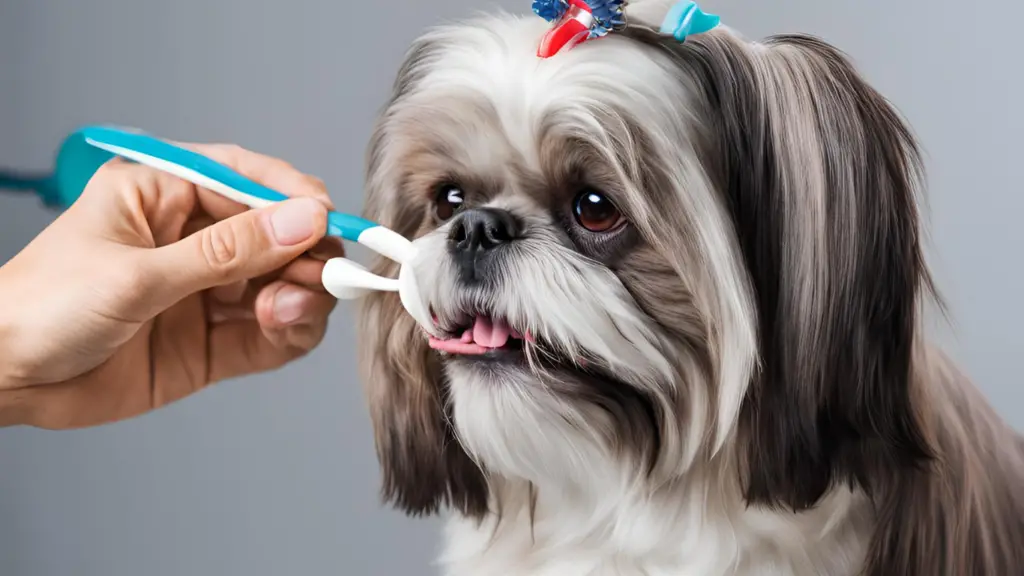
Allergies
Shih Tzus are prone to allergies, which can cause itching, redness, and skin infections. Common allergens include pollen, dust mites, and certain foods. Preventing allergies involves regular grooming, keeping the living environment clean, and feeding a high-quality diet free from common allergens.
Hot Spots
Hot spots are areas of inflamed, infected skin caused by excessive licking, scratching, or biting. Symptoms include red, moist, and irritated patches of skin. Preventing hot spots involves regular grooming, keeping the skin clean and dry, and addressing any underlying allergies or skin conditions.
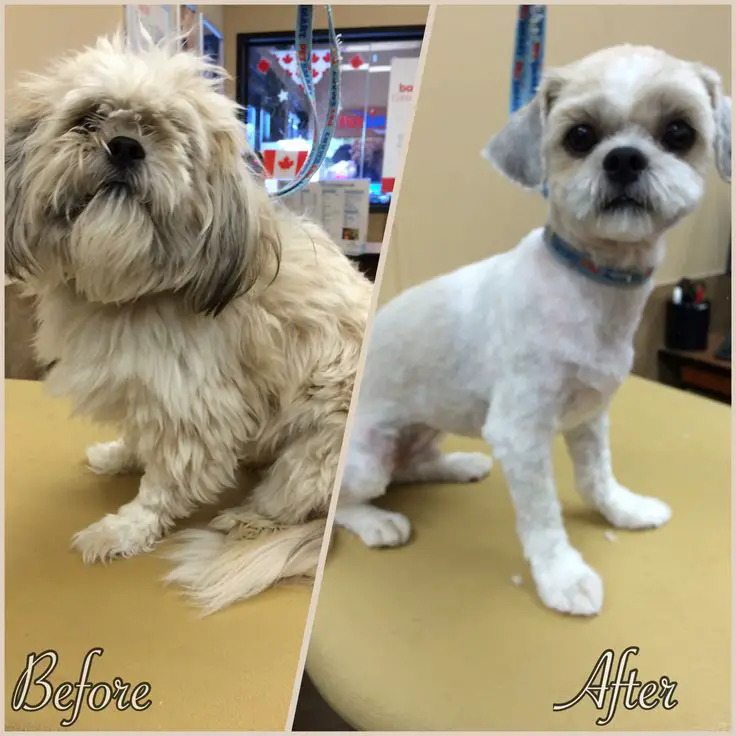
Sebaceous Adenitis
Sebaceous adenitis is a genetic condition that affects the sebaceous glands, leading to dry, scaly skin and hair loss. Signs include dandruff, patchy hair loss, and a musty odor. Preventing sebaceous adenitis involves regular grooming, using medicated shampoos, and providing a balanced diet with essential fatty acids.
Dental Health
Periodontal Disease
Periodontal disease is a common issue in Shih Tzus due to their small mouths and crowded teeth. Symptoms include bad breath, red or bleeding gums, and loose teeth. Preventing periodontal disease involves regular brushing, providing dental chews, and scheduling professional dental cleanings.

Tooth Loss
Tooth loss can occur as a result of untreated periodontal disease or dental trauma. Signs include difficulty eating, drooling, and missing teeth. Preventing tooth loss involves maintaining good dental hygiene, providing appropriate chew toys, and avoiding hard objects that can damage the teeth.
Retained Baby Teeth
Retained baby teeth are common in Shih Tzus and can cause dental crowding and misalignment. Symptoms include double rows of teeth and difficulty chewing. Preventing retained baby teeth involves regular dental check-ups and timely removal of baby teeth if they do not fall out naturally.
Digestive Issues
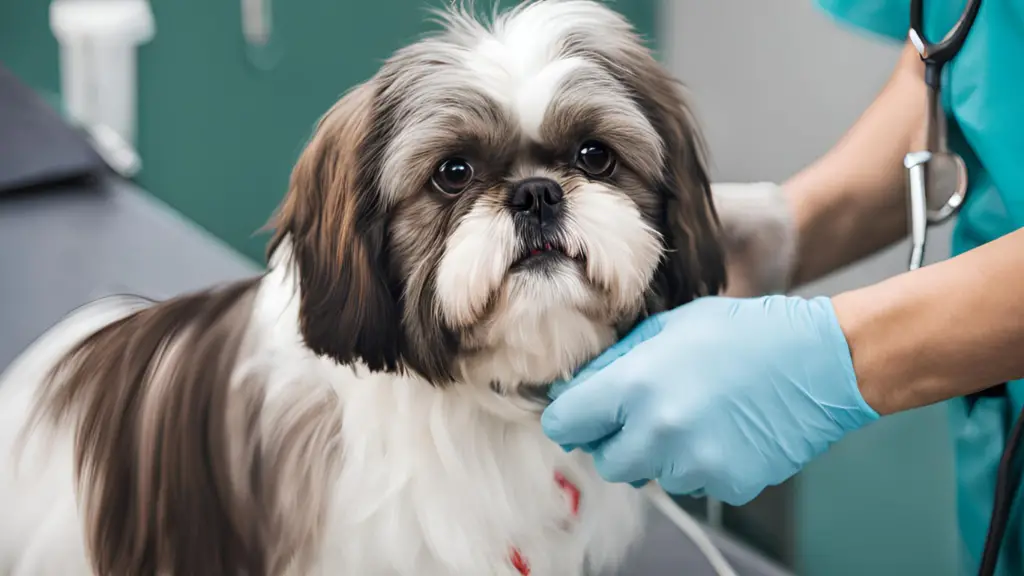
Gastrointestinal (GI) Problems
Shih Tzus can be prone to various GI problems, including food intolerances and inflammatory bowel disease (IBD). Symptoms include vomiting, diarrhea, and weight loss. Preventing GI problems involves feeding a high-quality, easily digestible diet, avoiding table scraps, and providing regular meals.
Pancreatitis
Pancreatitis is an inflammation of the pancreas that can cause severe abdominal pain and digestive issues. Signs include vomiting, diarrhea, and loss of appetite. Preventing pancreatitis involves feeding a low-fat diet, avoiding fatty treats, and monitoring for early signs of the condition.
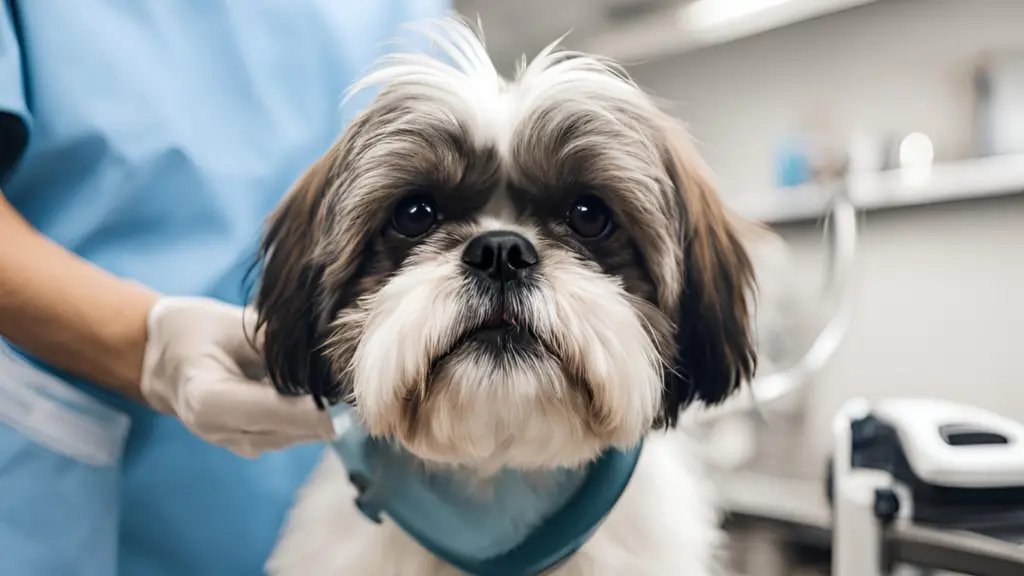
Bloat (Gastric Dilatation-Volvulus)
Although less common in Shih Tzus, bloat is a life-threatening condition where the stomach twists and fills with gas. Symptoms include a swollen abdomen, restlessness, and unproductive vomiting. Preventing bloat involves feeding smaller, frequent meals, avoiding vigorous exercise after eating, and monitoring for early signs.
Urinary Tract Issues
Bladder Stones
Bladder stones are common in Shih Tzus and can cause pain and difficulty urinating. Signs include frequent urination, blood in the urine, and straining to urinate. Preventing bladder stones involves providing a balanced diet, ensuring adequate hydration, and regular veterinary check-ups.
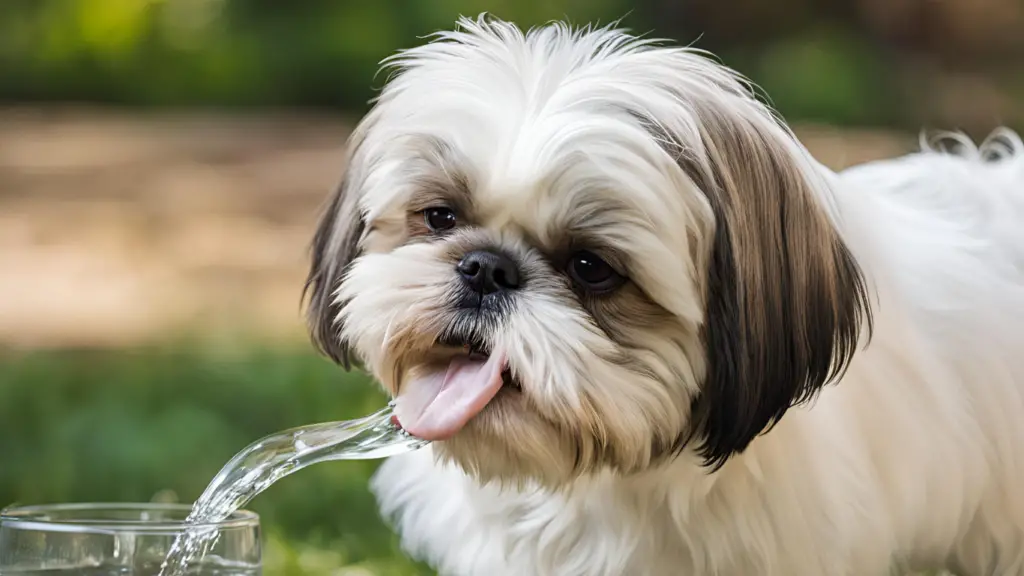
Urinary Tract Infections (UTIs)
UTIs are common in Shih Tzus, especially in females. Symptoms include frequent urination, accidents in the house, and straining to urinate. Preventing UTIs involves providing fresh water, encouraging regular bathroom breaks, and maintaining good hygiene.
Chronic Kidney Disease
Chronic kidney disease (CKD) is a progressive condition that affects the kidneys’ ability to function properly. Signs include increased thirst, frequent urination, and weight loss. Preventing CKD involves regular veterinary check-ups, feeding a kidney-friendly diet, and monitoring for early signs.
Ear Problems
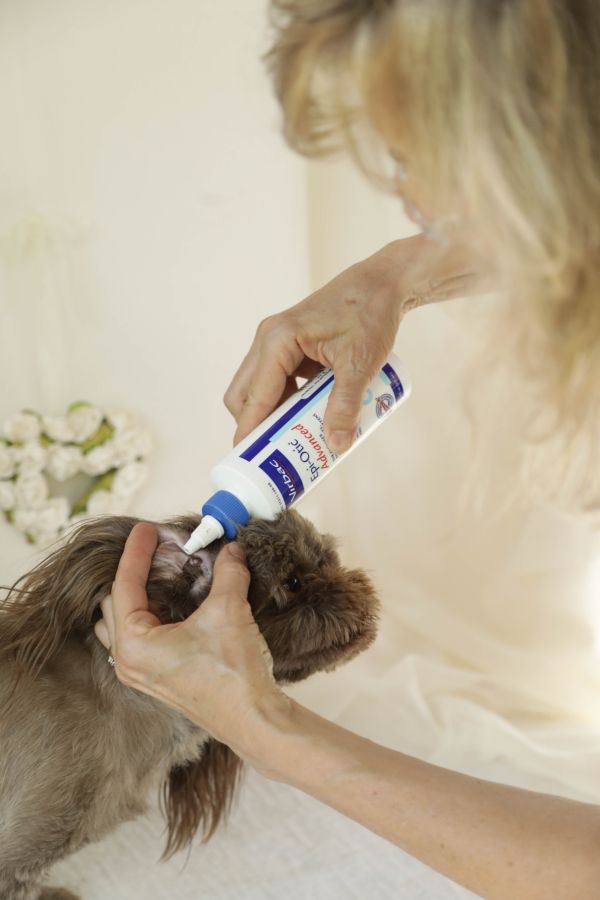
Ear Infections
Shih Tzus are prone to ear infections due to their floppy ears and hair growth in the ear canal. Symptoms include head shaking, scratching at the ears, and a foul odor. Preventing ear infections involves regular ear cleaning, keeping the ears dry, and trimming hair around the ear canal.
Hematomas
Ear hematomas occur when blood vessels in the ear flap rupture, causing a painful swelling. Signs include a swollen, tender ear and head shaking. Preventing hematomas involves addressing underlying causes of ear trauma, such as infections or excessive scratching, and seeking prompt veterinary care.
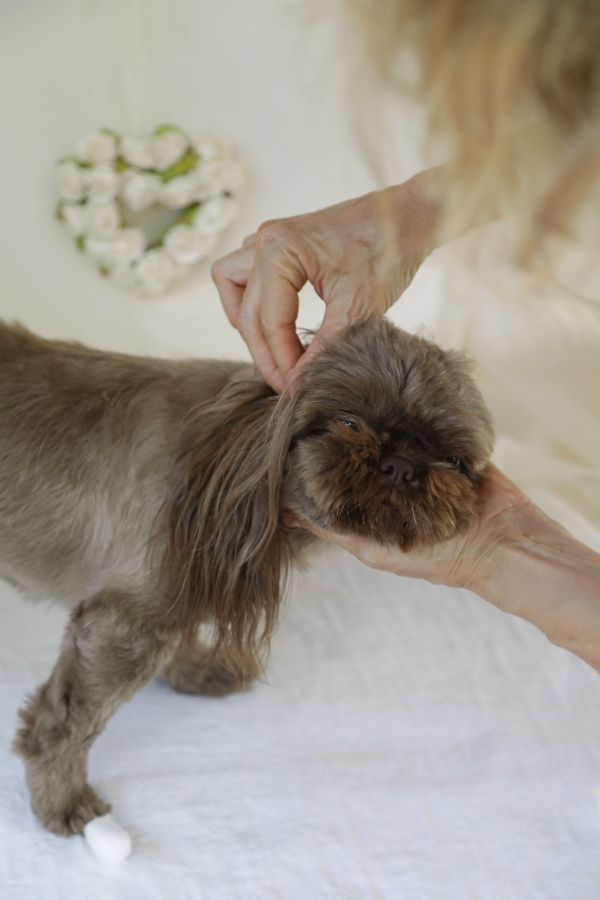
Deafness
Deafness can occur in Shih Tzus due to genetics, infections, or age. Symptoms include unresponsiveness to sounds and difficulty waking from sleep. Preventing deafness involves regular ear care, avoiding loud noises, and managing underlying health conditions that could affect hearing.
Obesity and Weight Management
Obesity in Shih Tzus
Obesity is a common issue in Shih Tzus and can lead to various health problems, including diabetes, heart disease, and joint issues. Signs include excessive weight gain, difficulty breathing, and reduced activity levels. Preventing obesity involves providing a balanced diet, regular exercise, and monitoring your dog’s weight.

Feeding Guidelines
Following proper feeding guidelines is essential for maintaining a healthy weight in Shih Tzus. **Providing measured meals, avoiding table scraps, and selecting high-quality
Obesity and Weight Management
Feeding Guidelines
Following proper feeding guidelines is essential for maintaining a healthy weight in Shih Tzus. Providing measured meals, avoiding table scraps, and selecting high-quality dog food tailored to their size and activity level can help prevent weight gain. Consult your veterinarian for personalized feeding recommendations and portion control advice.

Regular Exercise
Incorporating regular exercise into your Shih Tzu’s routine is crucial for managing weight and maintaining overall health. Daily walks, playtime, and interactive toys can help keep your Shih Tzu active and engaged. Aim for at least 30 minutes of exercise per day, adjusting based on your dog’s age, health status, and activity level.
Monitoring Weight
Regularly monitoring your Shih Tzu’s weight can help identify weight gain early and allow for timely adjustments to their diet and exercise routine. Weigh your Shih Tzu every few weeks and consult your veterinarian if you notice any significant changes in weight. Early intervention can help prevent obesity-related health issues and maintain your dog’s well-being.
Senior Shih Tzu Care
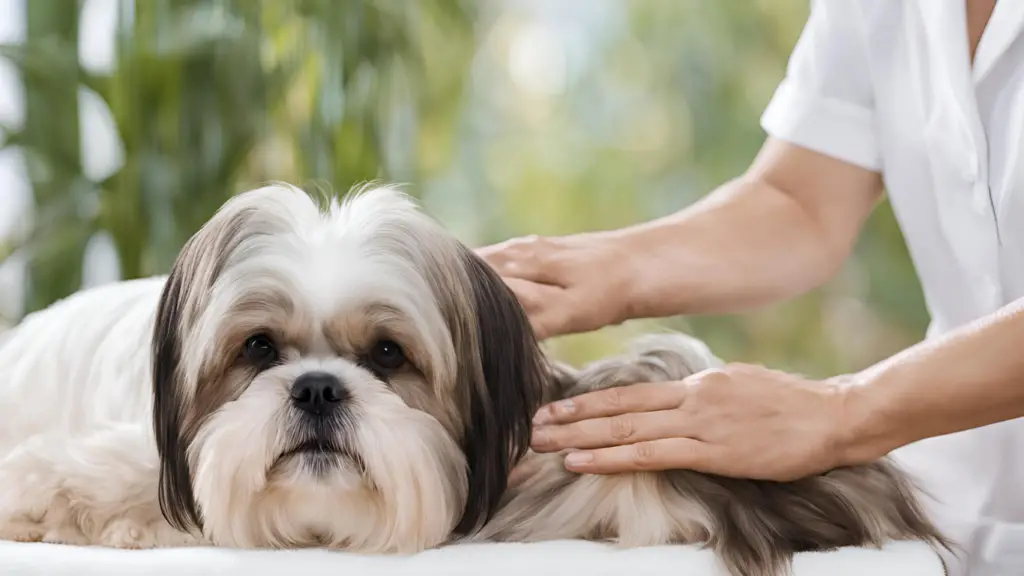
Age-Related Health Concerns
As Shih Tzus age, they become more susceptible to certain health issues, such as arthritis, reduced mobility, and cognitive decline. Common signs of aging include stiffness, reduced activity, and disorientation. Regular veterinary check-ups, a senior-friendly diet, and supportive care can help manage age-related health concerns.
Joint Health
Maintaining joint health is crucial for senior Shih Tzus, who may be more prone to arthritis and other joint issues. Provide joint supplements, maintain a comfortable and supportive sleeping area, and avoid high-impact activities. Consult your veterinarian for specific recommendations on joint care and pain management.
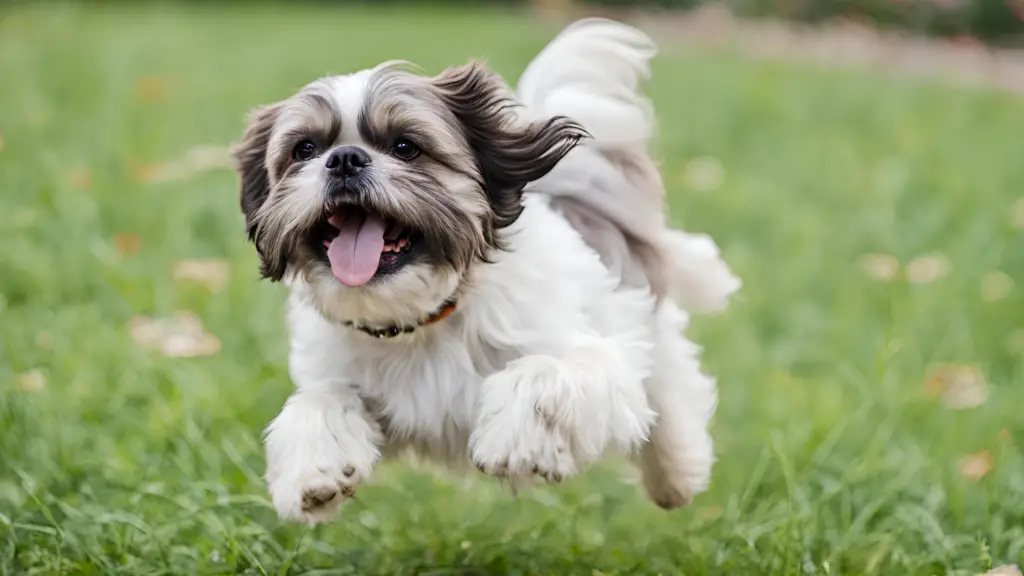
Mental Stimulation
Keeping your senior Shih Tzu mentally stimulated is essential for preventing cognitive decline and maintaining a good quality of life. Engage your dog with interactive toys, puzzle games, and gentle training exercises. Maintaining social interaction and mental engagement can help keep your senior Shih Tzu alert and content.
Preventative Care and Regular Check-Ups
Importance of Regular Veterinary Visits
Regular veterinary check-ups are essential for monitoring your Shih Tzu’s health and catching potential issues early. Annual exams allow your vet to assess your dog’s overall health, update vaccinations, and perform necessary screenings. Regular check-ups can help prevent health problems and ensure your Shih Tzu receives timely treatment.
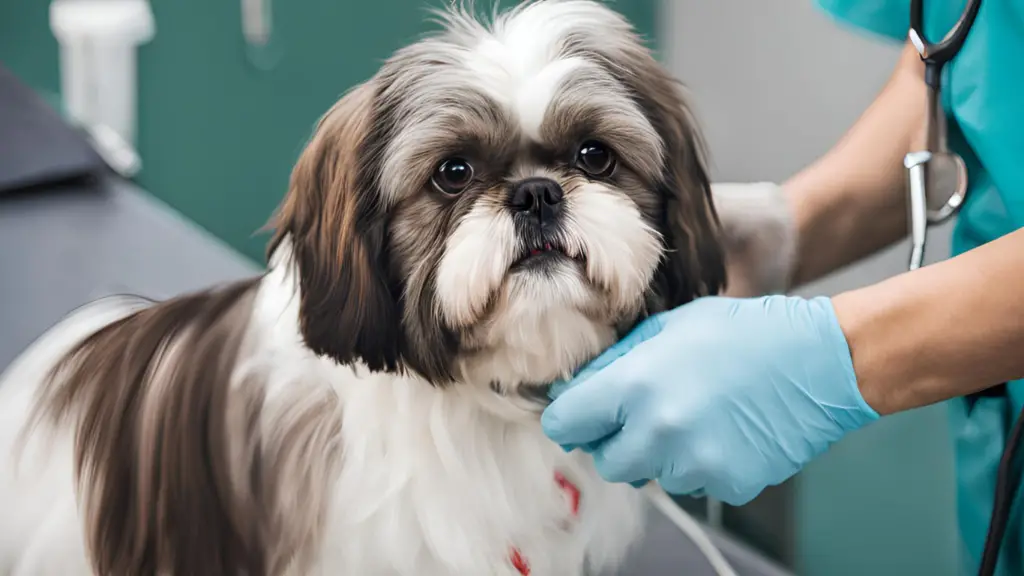
Vaccinations and Parasite Prevention
Keeping up-to-date with vaccinations and parasite prevention is crucial for protecting your Shih Tzu from diseases and infections. Ensure your dog receives core vaccinations, such as those for distemper, parvovirus, and rabies, as well as routine flea, tick, and heartworm preventatives. Consult your veterinarian for a vaccination and parasite prevention schedule tailored to your Shih Tzu’s needs.
Dental Health Care
Maintaining good dental health is vital for preventing periodontal disease and other dental issues. Regular brushing, dental chews, and professional cleanings can help keep your Shih Tzu’s teeth and gums healthy. Incorporate dental care into your routine to prevent tooth loss and ensure overall well-being.

Grooming and Coat Care
Regular Grooming
Regular grooming is essential for maintaining your Shih Tzu’s coat health and preventing skin issues. Brush your Shih Tzu’s coat regularly to remove loose fur, prevent tangles, and check for any skin abnormalities. Regular baths with a gentle, dog-specific shampoo can help keep the coat clean and healthy.
Ear Care
Keeping your Shih Tzu’s ears clean and dry is crucial for preventing infections and maintaining overall ear health. Regularly inspect and clean the ears, using a veterinarian-recommended ear cleaner. Avoid inserting objects into the ear canal and consult your vet if you notice any signs of infection or discomfort.
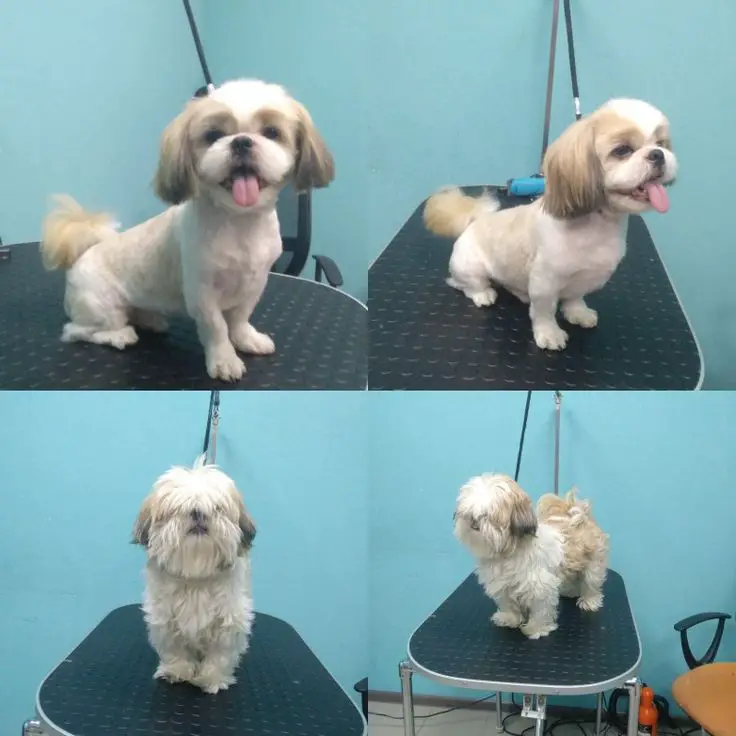
Nail Trimming
Regular nail trimming is essential for preventing discomfort and mobility issues. Trim your Shih Tzu’s nails regularly to avoid overgrowth, which can cause pain and affect their walking ability. If you’re unsure how to trim nails safely, consult your veterinarian or a professional groomer for guidance.
Creating a Safe and Healthy Environment
Safe Living Space
Providing a safe and comfortable living environment is essential for your Shih Tzu’s well-being. Ensure your home is free from hazards, such as toxic plants, small objects, and sharp edges. Provide a comfortable bed, clean water, and a safe area where your Shih Tzu can relax and feel secure.
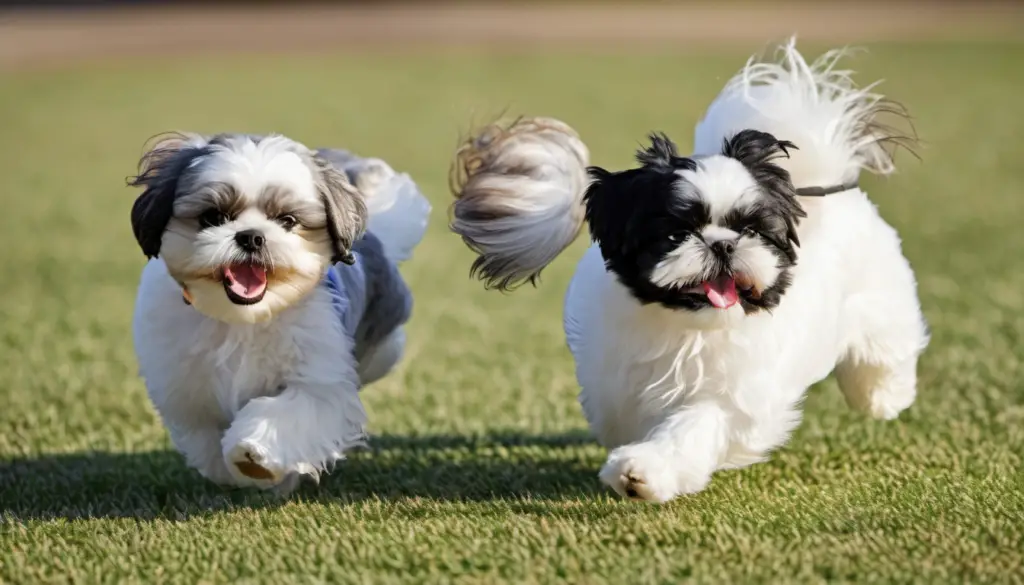
Temperature and Weather Considerations
Shih Tzus are sensitive to extreme temperatures due to their brachycephalic anatomy and thick coats. Ensure they have a cool, well-ventilated area in hot weather and a warm, cozy space during colder months. Avoid exposing your Shih Tzu to extreme temperatures and adjust their environment accordingly to keep them comfortable.
Mental and Emotional Well-being
Providing mental stimulation and emotional support is crucial for your Shih Tzu’s overall health. Engage in interactive play, provide puzzle toys, and offer plenty of affection and attention. A happy and mentally stimulated Shih Tzu is less likely to develop behavioral issues and will thrive in a loving environment.

Conclusion
Understanding and addressing the common health issues faced by Shih Tzus is essential for ensuring their overall well-being. From managing respiratory problems to maintaining dental health and preventing obesity, proactive care and regular veterinary check-ups play a crucial role in keeping your Shih Tzu healthy. By being attentive to their needs, providing proper nutrition and exercise, and creating a safe and comfortable living environment, you can help your Shih Tzu lead a long, happy, and healthy life.
Regular grooming, preventive care, and a focus on their physical and emotional well-being are key to preventing many health issues and ensuring a high quality of life. Remember that every Shih Tzu is unique, so consult with your veterinarian for personalized advice and care tailored to your dog’s specific needs. With the right care and attention, your Shih Tzu can enjoy a vibrant and fulfilling life, bringing joy and companionship to your family for years to come.


